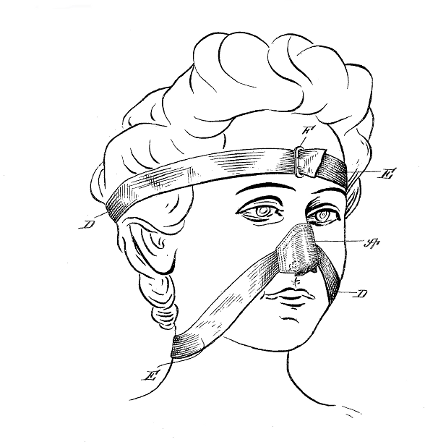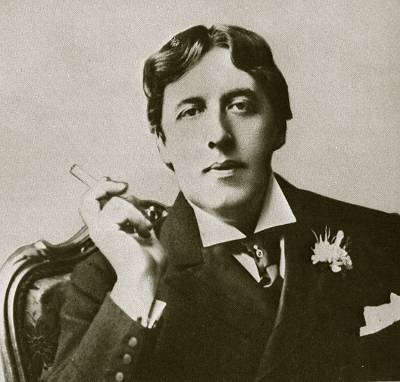
Ignatius Nathaniel Scares’ nose shaper, patented in 1907, offers new hope to “those with upturned, one-sided, or flat noses or those with distended nostrils.”
The noses of a great many persons are slightly deformed, and therefore because of the prominence of this feature the appearance of the face is more or less disfigured. Such deformity can frequently be remedied by a gentle but continuous pressure, and it is the object of this invention to bring about this result in a way that shall be painless to the individual.
Apply the cup to your nose, then cinch the strap to your head to produce a steady pressure. “It will usually be found preferable to wear the device at night, but it can be worn any time, and a continuous use will soon be found to re-form or reshape the nose into its normal lines.” For all I know it works.







